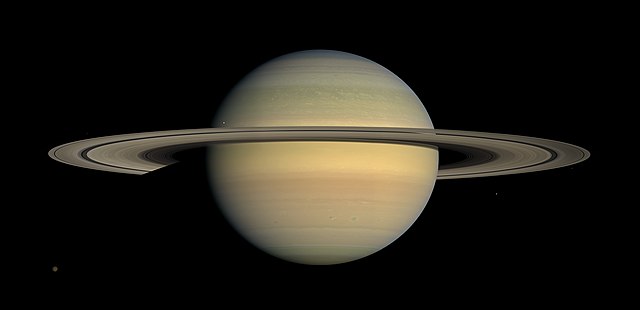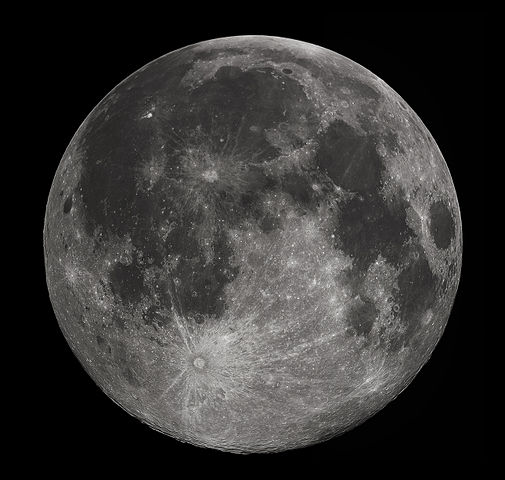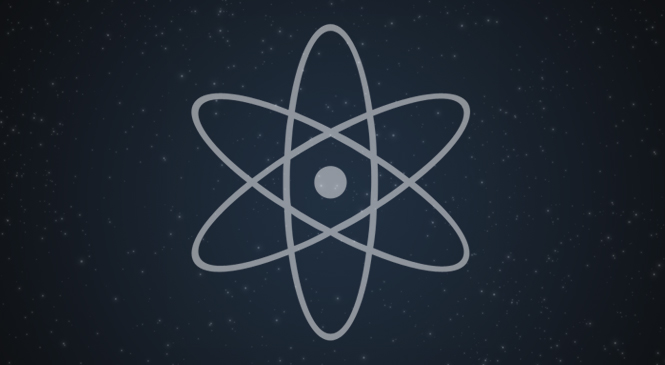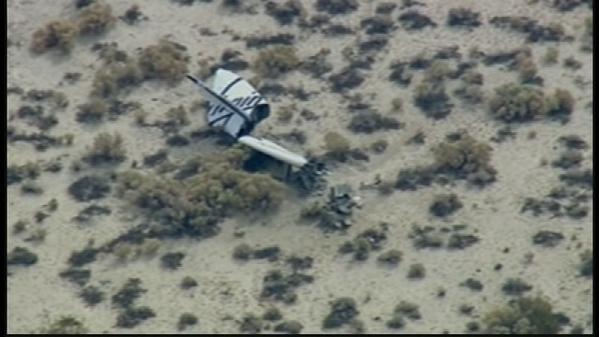Science News May 19, 2019

This week, protecting Saturn’s rings, Moon quakes, Beresheet’s remains, Starlink delays, a new space hub, hydrogen planes, banning facial recognition, and detecting breast cancer. Here are this week’s headlines:
Protecting Saturn’s Rings

With the prospect of private space travel on the rise, it’s only a matter of time before humans start mining other worlds. Now a group of researchers has suggested putting a cap on how much can be mined in order to protect the solar system. They fear that the rings of Saturn and the asteroid field between Earth and Jupiter might be in danger if collecting resources is unregulated. The proposal is to allow mining of no more than one-eighth of any cosmic object. They suggest that even one-eighth of the iron in the asteroid field is millions of times more than is available on Earth.
Moon Quakes

The moon seems to be shrinking. In fact, it’s believed that the moon has gotten 150 feet (50 meters) skinnier over the last few hundred million years. The cause is believed to be the interior core cooling. As it contracts, the surface tends to wrinkle, creating moon quakes. Those are like earthquakes … but on the moon. Obviously. Some of those quakes are believed to be as powerful as a five on the Richter Scale.
Remains of Beresheet Found
NASA has located the remains of the Beresheet lunar landing craft. Beresheet, which means “in the beginning” in Hebrew, was intended to be the first private craft to land on the surface of the moon. And while that was technically the case, it wasn’t quite as planned. An unexpected computer reboot on board the craft resulted in the lander crashing on the surface.
SpaceX Starlink Delayed Again
SpaceX intended to launch its first sixty units of the Starlink satellite constellation to provide broadband Internet access around the world, especially those areas which are otherwise underserved. But after one delay due to high winds, a second launch was delayed due to a software update. The official story is that they also want to triple check everything to make sure the launch goes right. The next launch window is expected to be between May 22nd and 24th.
Space Hub Moving?
Up until now, the majority of space launches in the United States has occurred on the Florida coast where NASA has always launched and SpaceX launches now, or in the case of some satellites, many occurring in California. But the preferred epicenter for astronautics may soon be Colorado Springs. Aside from being the home of NORAD, it is home to several aerospace companies, and will be the center for the proposed Space Force, based out of Peterson Air Force Base. Not only that, but with the space-heavy University of Colorado, the U.S. Air Force Academy, and the Colorado Military Academy, the region is already turning out bright minds trained in aerospace. It is unknown when, or even if, the Space Mountains will become the epicenter of space operations over the Space Coast.
Hydrogen Plane
NASA is working on creating an electric airplane powered by cryogenically liquefied hydrogen fuel. With the amount of air travel to rapidly increase over the next couple of decades, the goal is to reduce harmful emissions. Although the official reporting is that air travel only accounts for about two percent of man-made carbon emissions, many people believe it’s a lot higher than that. Since hydrogen fuel technology has become economically viable, and the combining of hydrogen and oxygen in the engines produces enough power for flight with only water vapor as the byproduct, researchers are counting on hydrogen engines to be the key to cleaner transportation.
Facial Recognition Banned
The high-tech city of San Francisco has become the first municipality to ban the use of facial recognition technology. City leaders have issued a ban on a tool used by law enforcement to identify suspects in a crowd. Although it has proven useful in catching criminals, the issue of privacy has been a major concern. Officials in San Francisco hope that it will send a message and inspire others to do the same. Similar measures are being considered in other cities around the country.
Breast Cancer Detection
Researchers at M.I.T. and Massachusetts General Hospital have managed to utilize artificial intelligence algorithms to detect breast cancer up to five years in advance. Mammograms were used from over 60,000 patients with known outcomes in order to create a predictive algorithm to find cancerous growths that are generally too small to notice. The researchers hope to use the algorithm to more easily detect cancer while minimizing the amount of radiation a patient is exposed to through repeated scanning.
Watch the science report during Good Morning Multiverse Saturdays at 10am on SciFi4Me TV.
![]()




